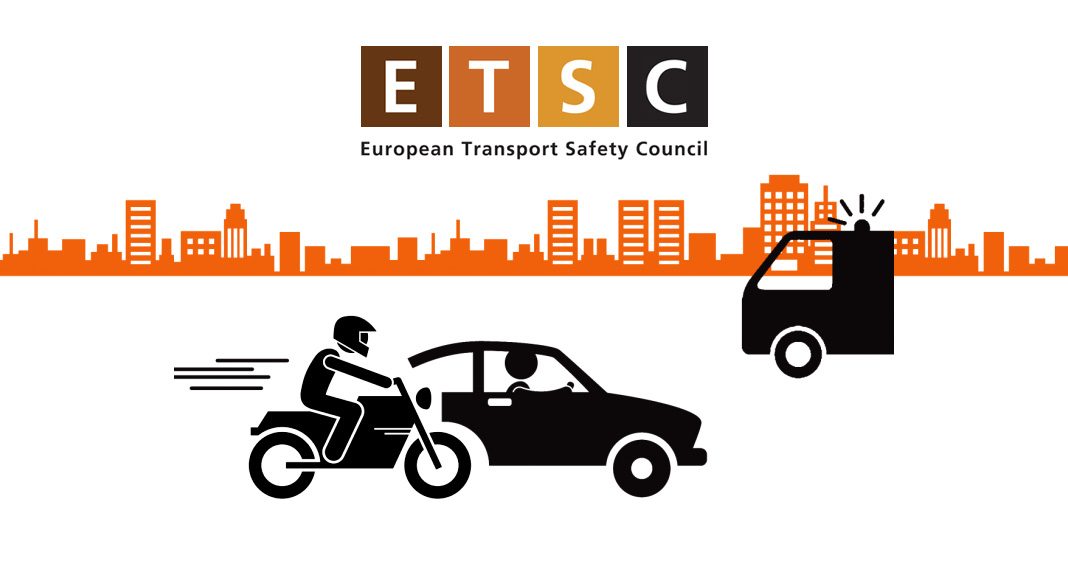Zero tolerance on drink driving, additional hazard perception training and graduated driver licensing schemes should become the norm to help tackle the disproportionate risks faced by young drivers and motorcycle riders in Europe, according to a new report by the European Transport Safety Council (ETSC).
Over 3,800 young people aged 18-24 are killed each year on EU roads, the biggest single cause of death for this age group.
According to the ETSC report and the UK Parliamentary Advisory Council for Transport Safety (PACTS), young people continue to face a unique combination of factors that leads to a higher rate of collisions and deaths.
Biological and social changes between the ages of 15-25 affect the risk perception of young people and lead to an increase in social activity and associated pressure from peers, according to the report.
A lack of experience on the road also means that young people are worse at anticipating and reacting to hazards. They are also less aware of how best to drive and ride in certain road conditions and situations.
A range of impairments and distractions affect young people, linked to increased social activity, greater exposure to alcohol and drugs, the influence of peer-age passengers and the effects of fatigue. In-car distraction from mobile devices is also a problem.
Young people tend to drive smaller and older vehicles. These cars often have a lower crashworthiness and lack the safety technologies featured in newer models. The use of seat belts and protective clothing is also poor amongst young people.
In some EU countries up to half of young people killed are motorcycle riders, yet there is a distinct lack of specific measures and research targeting this group.
The report makes a number of key recommendations for urgent action including:
- Better enforcement of speed and drink-drive limits, seat belt wearing and mobile phone use
- More accompanied driving to help young people gain experience
- Adopting licensing systems that encourage young people to gain more experience while limiting certain high-risk activities such as driving at night and with passengers
- Lowering the alcohol limit for young drivers
- A greater focus on safety initiatives for young riders
- Enabling and encouraging young people to use safer cars
Commenting on the report, Antonio Avenoso, Executive Director of the European Transport Safety Council said: “With thousands of young people’s lives still being tragically cut short every year in Europe, we need policymakers to commit urgently to introducing smart, cost-effective and proven measures that can bring these numbers down.
“EU policymakers have an important chance to improve road safety for young people this year with the long-promised update to safety standards for new vehicles. It’s time that proven features such as Intelligent Speed Assistance, Automated Emergency Braking and Seat Belt Reminders in all seats are offered as standard, not as optional extras for the lucky few.”



















